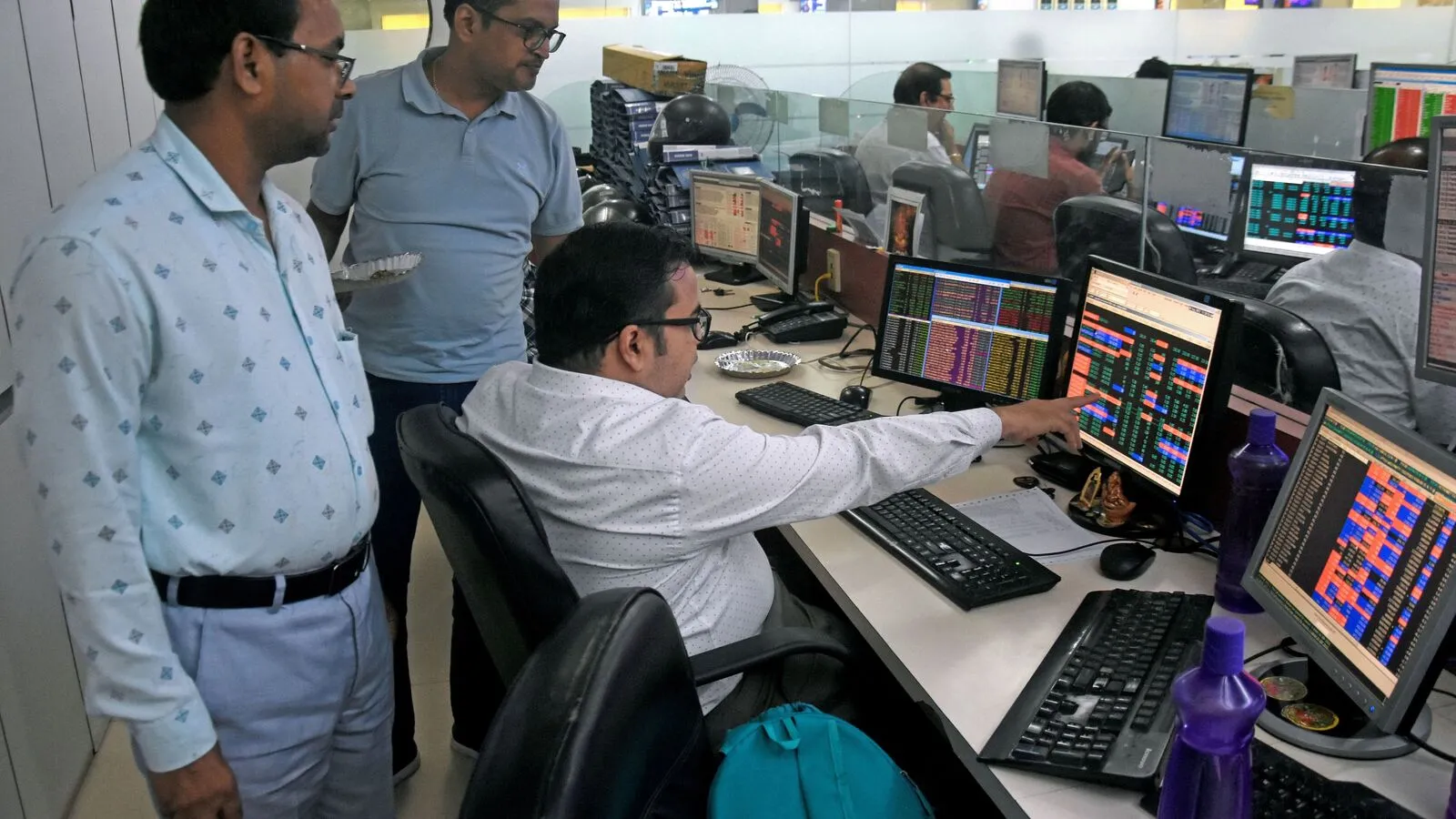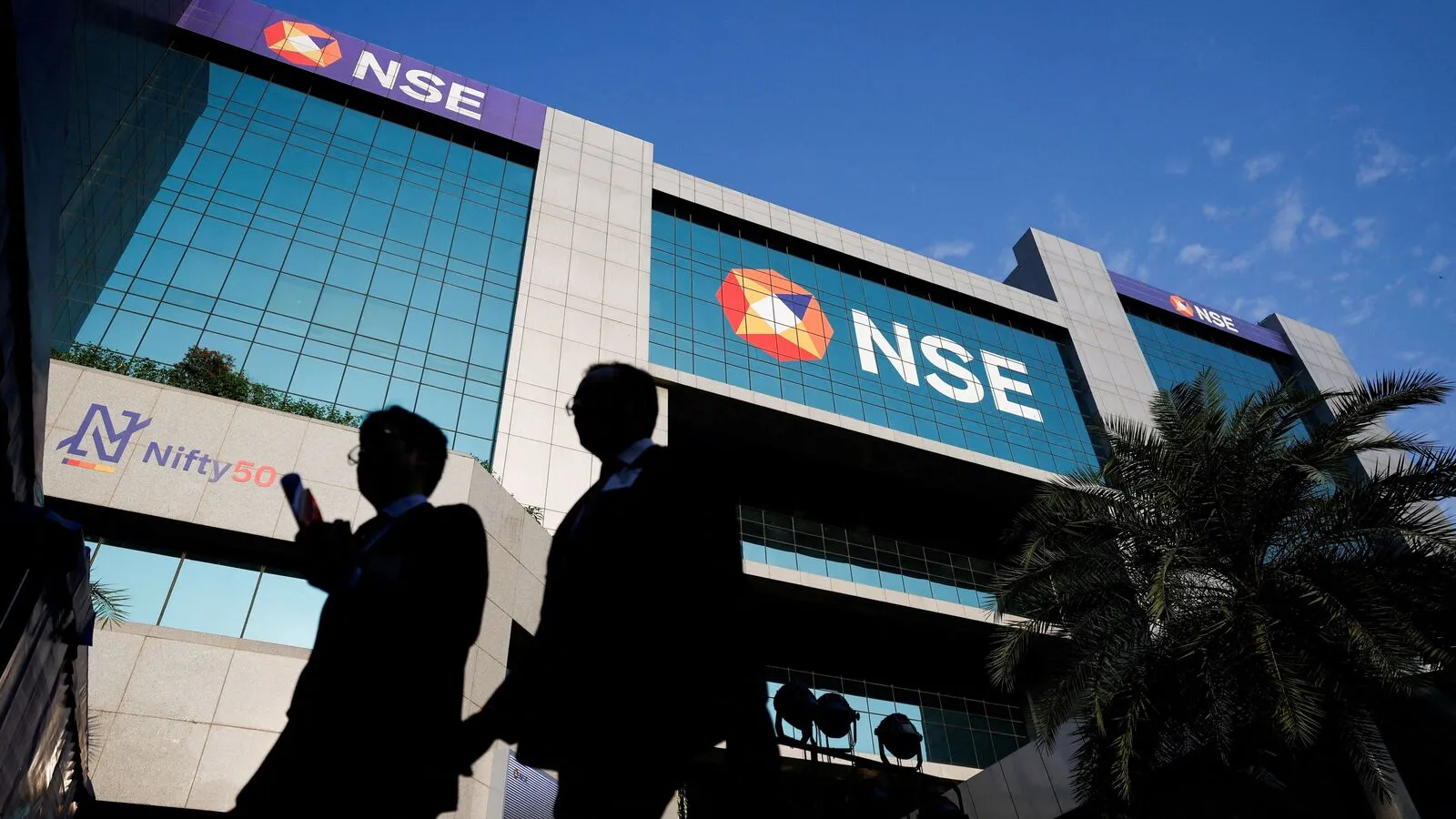Will the RBI rate cut push Indians to swap fixed deposits for stock market investments?

In a surprise move, the Reserve Bank of India announced a 50 basis point reduction in the repo rate during the second bi-monthly MPC meeting on Friday, bringing the rate down to a three-year low of 5.5%, signalling the regulator’s confidence in India’s overall sound macroeconomic condition.
With inflation easing, the central bank has shifted its focus to reviving growth, affirming that India’s growth story remains strong despite global uncertainties. This move is expected to benefit both consumers and businesses, as lower costs will encourage buyers to spend more on big-ticket items and encourage companies to pursue capital expenditure activities.
Rate cuts may encourage more Indians to shift towards stock investments: Experts
While the RBI’s action may benefit borrowers, it could impact savers who continue to rely on traditional investment avenues such as fixed deposits to park their savings for risk-free returns.
Traditionally, Indians have favoured fixed deposits to beat inflation, although this trend has changed in recent years, especially after the Covid-19 pandemic, when young Indians began preferring investments in stocks through the Demat and mutual fund routes as a way to participate in India’s growth story.
However, experts believe that the RBI’s total cut of 100 basis points since February may further encourage more Indians to shift their investment landscape from fixed deposits to stock investing.
Swapnil Aggarwal, director of VSRK Capital, said, “The reduction in interest rate will impact returns on fixed deposits, which were attractive during the high-rate period. With a decline in FD rates, we expect an increased shift in investors to mutual funds, debt instruments, and other market-linked products.”
“This may result in renewed investments into the capital markets, which would improve liquidity and growth. In general, these changes have the potential to positively influence the credit, consumption, and investment cycles in the economy,” Swapnil further added.
Vishal Goenka, co-founder of IndiaBonds.com, said, “A balanced policy encourages growth. Fixed deposit rates to come down sharply as banks transmit this rate cut. Investors should look at 2–3-year corporate bonds for their portfolio, as they continue to offer good spreads over government and FD rates, and interest rates will come down more gradually for corporate bonds.”
Disclaimer: The views and recommendations given in this article are those of individual analysts. These do not represent the views of Mint. We advise investors to check with certified experts before taking any investment decisions.









